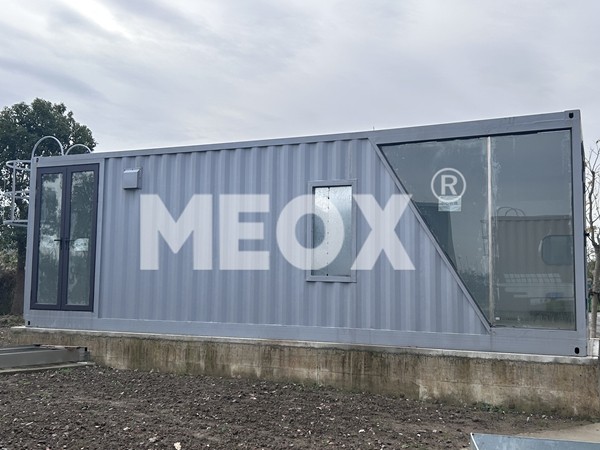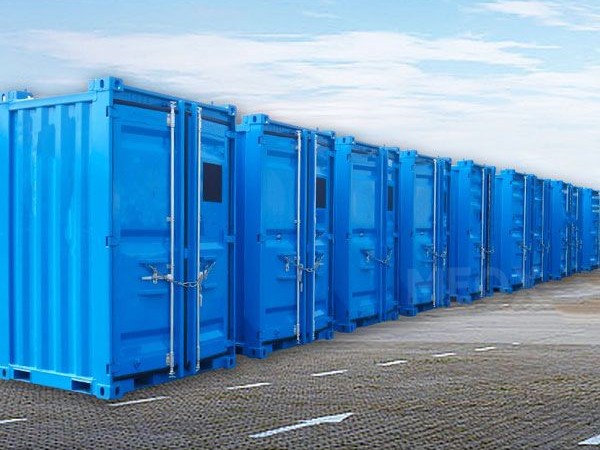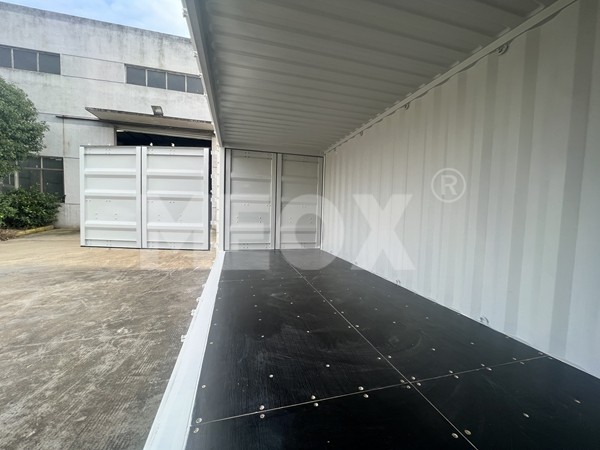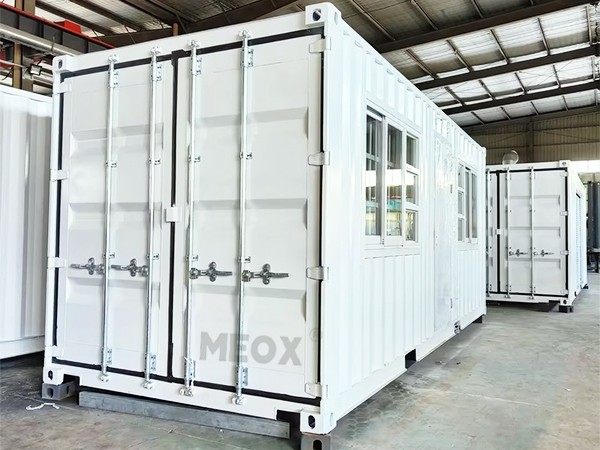Intermodal containers, often referred to as shipping containers, have transformed the landscape of global trade and logistics. Their design allows seamless transitioning between different modes of transportation—be it sea, rail, or road—without necessitating the handling of the cargo itself. This efficiency forms the backbone of global supply chains, ensuring goods reach their destinations quickly and intact.

The origins of intermodal containers date back to the 1950s, when Malcolm McLean, an American entrepreneur, envisioned a more efficient way to transport goods. His innovation minimized loading times, reduced costs, and revolutionized international shipping. Over the years, the evolution of these containers has paralleled advances in logistics and transportation technology, making them indispensable in the modern economy.
Durability and standardization are cornerstones of intermodal containers. Fabricated primarily from corrosion-resistant steel, they withstand harsh environmental conditions encountered during sea voyages. Their uniform dimensions, as specified by the International Organization for Standardization (ISO), facilitate efficient stacking and packing across different transportation methods, enhancing their versatility and global compatibility.

For businesses, using intermodal containers introduces a plethora of benefits. From an operational perspective, they dramatically reduce cargo handling, thus lowering the risk of damage or loss. This attribute alone instills a significant level of trust in businesses relying on them to safeguard high-value goods. Additionally, the efficiency gained from reduced handling time translates into cost savings and improved delivery timelines, amplifying competitive advantages in a crowded marketplace.
The environmental benefits of intermodal containers are noteworthy. The consolidation of shipments within containers optimizes load capacity, reducing the carbon footprint per unit of cargo transported. This efficiency aligns with growing global demands for sustainable practices in supply chain management.
Technological innovations have further enhanced the capabilities of intermodal containers. Advanced tracking solutions such as GPS and IoT-enabled sensors allow real-time monitoring of container locations and conditions. This level of oversight provides businesses with critical data, enabling them to make informed decisions and respond swiftly to potential disruptions. The integration of blockchain technology into supply chains promises even greater transparency and security in containerized shipping.intermodal containers
Security is another facet where intermodal containers excel. The robust, sealed design deters theft, protecting goods during transit. High-security options, such as tamper-evident seals and RFID tags, provide additional layers of protection, ensuring that shipments arrive at their destination undisturbed.
In terms of flexibility, intermodal containers prove versatile beyond standard shipping functions. Modified containers find utility in a range of applications such as mobile offices, storage units, and even residential spaces, showcasing their adaptability and economic value.
Despite their advantages, the adoption of intermodal containers necessitates careful planning. Businesses must consider factors such as container availability, compatibility with existing logistics infrastructure, and potential disruptions in supply chain networks. Strategic partnerships with experienced logistics providers can mitigate these challenges, ensuring a smooth integration of containerization into existing operations.
Intermodal containers represent a critical segment within the logistics industry, embodying efficiency, security, and versatility. Their widespread use underscores their importance in facilitating global commerce. As technological advancements continue to evolve, so too will the functionalities and capabilities of these containers, solidifying their role as a linchpin of international shipping for decades to come.
In summary, whether a business is looking to enhance operational efficiency, adopt sustainable practices, or secure their supply chain, intermodal containers offer a comprehensive solution that meets modern logistics demands. The symbiosis of expertise, authority, and trust in leveraging these containers effectively positions businesses for continued success in a dynamic global market.






